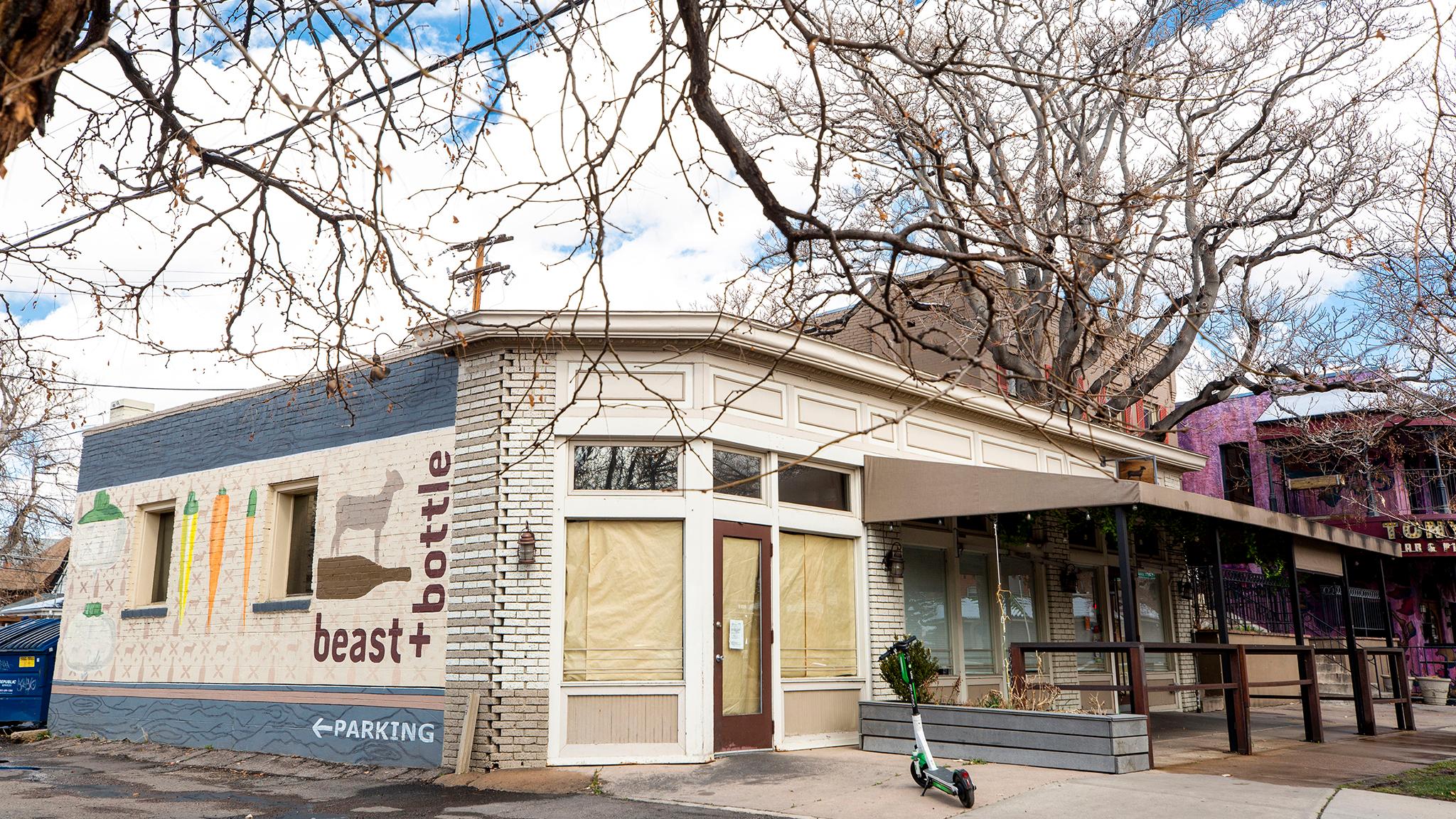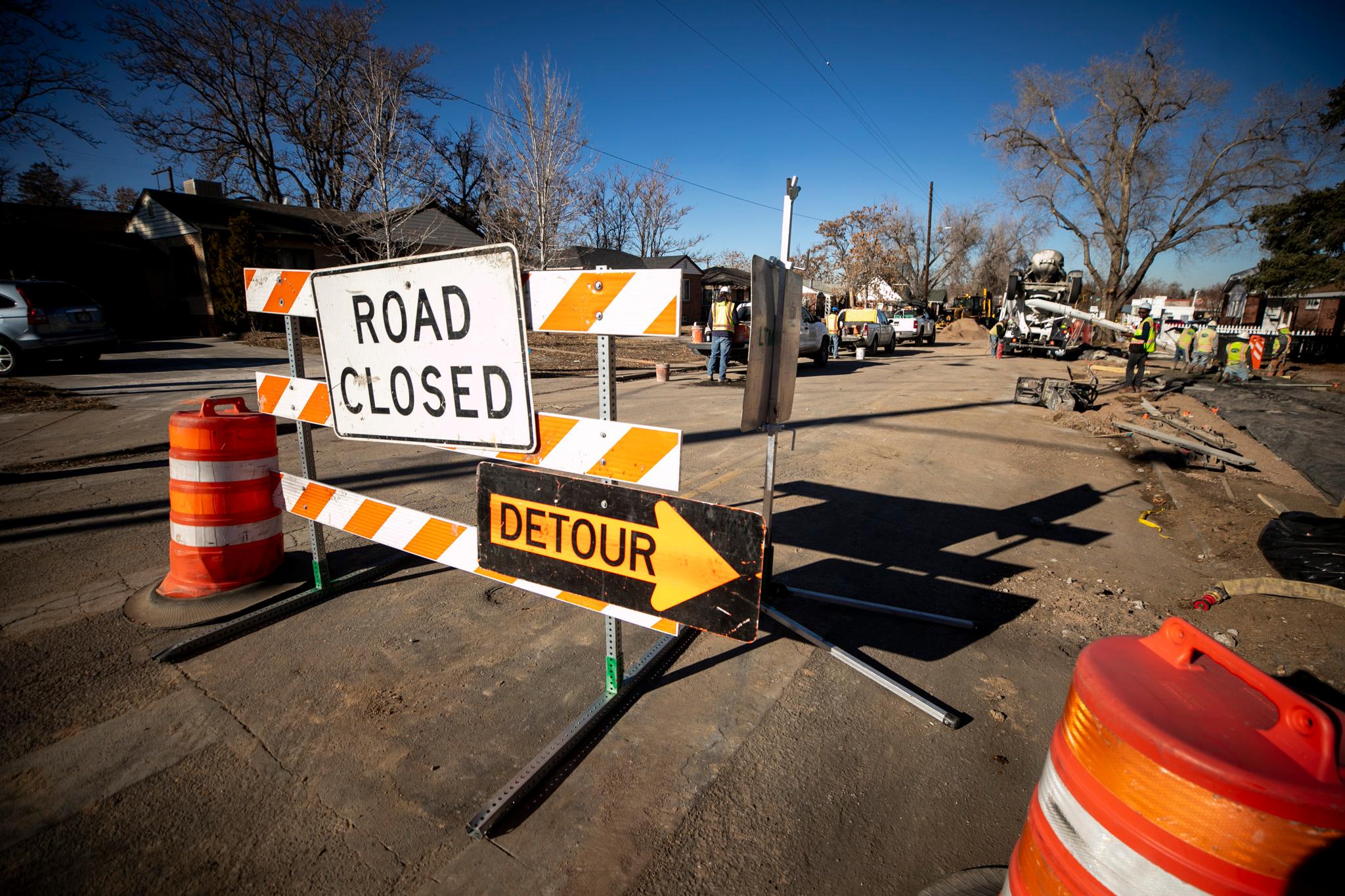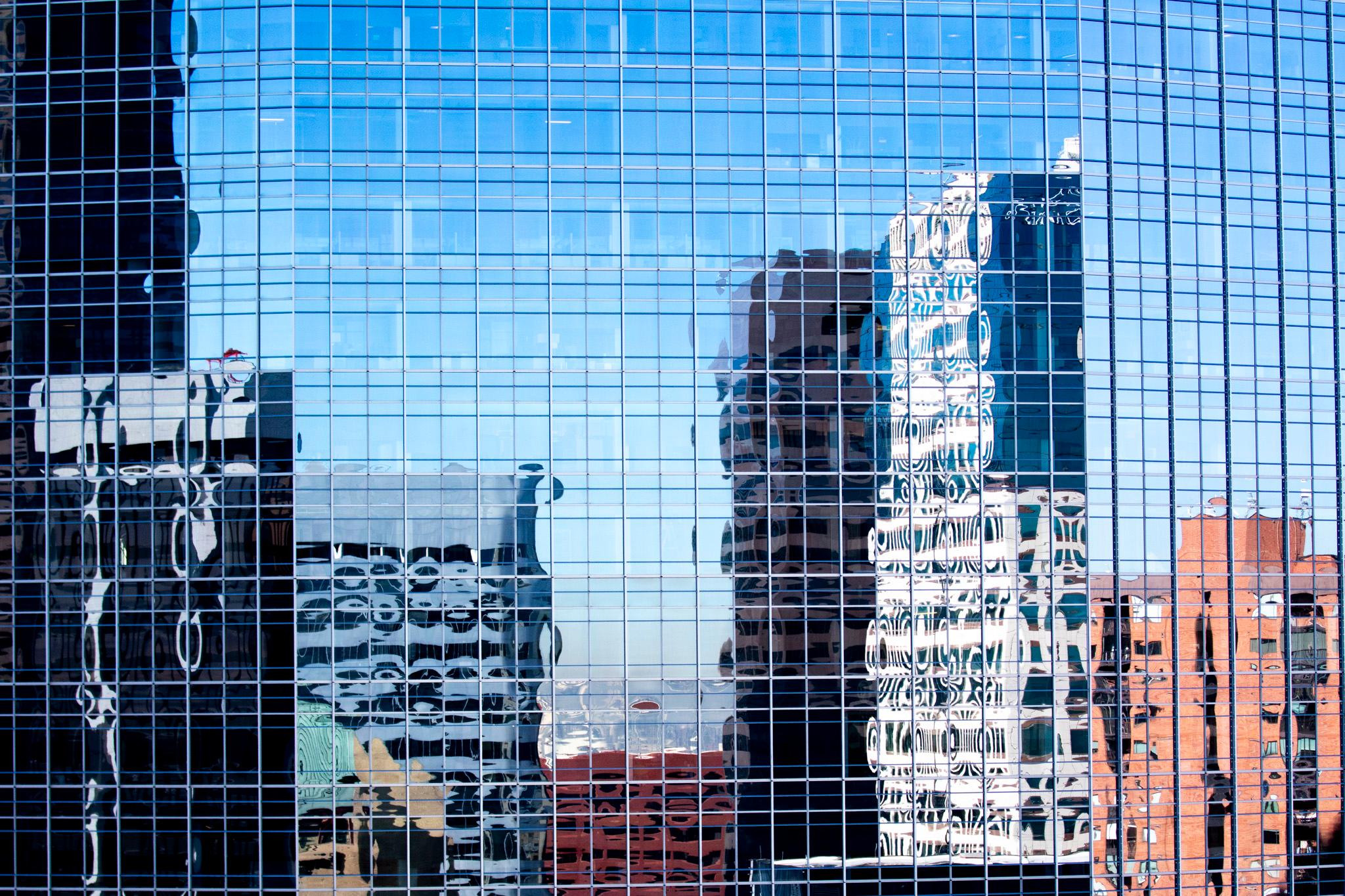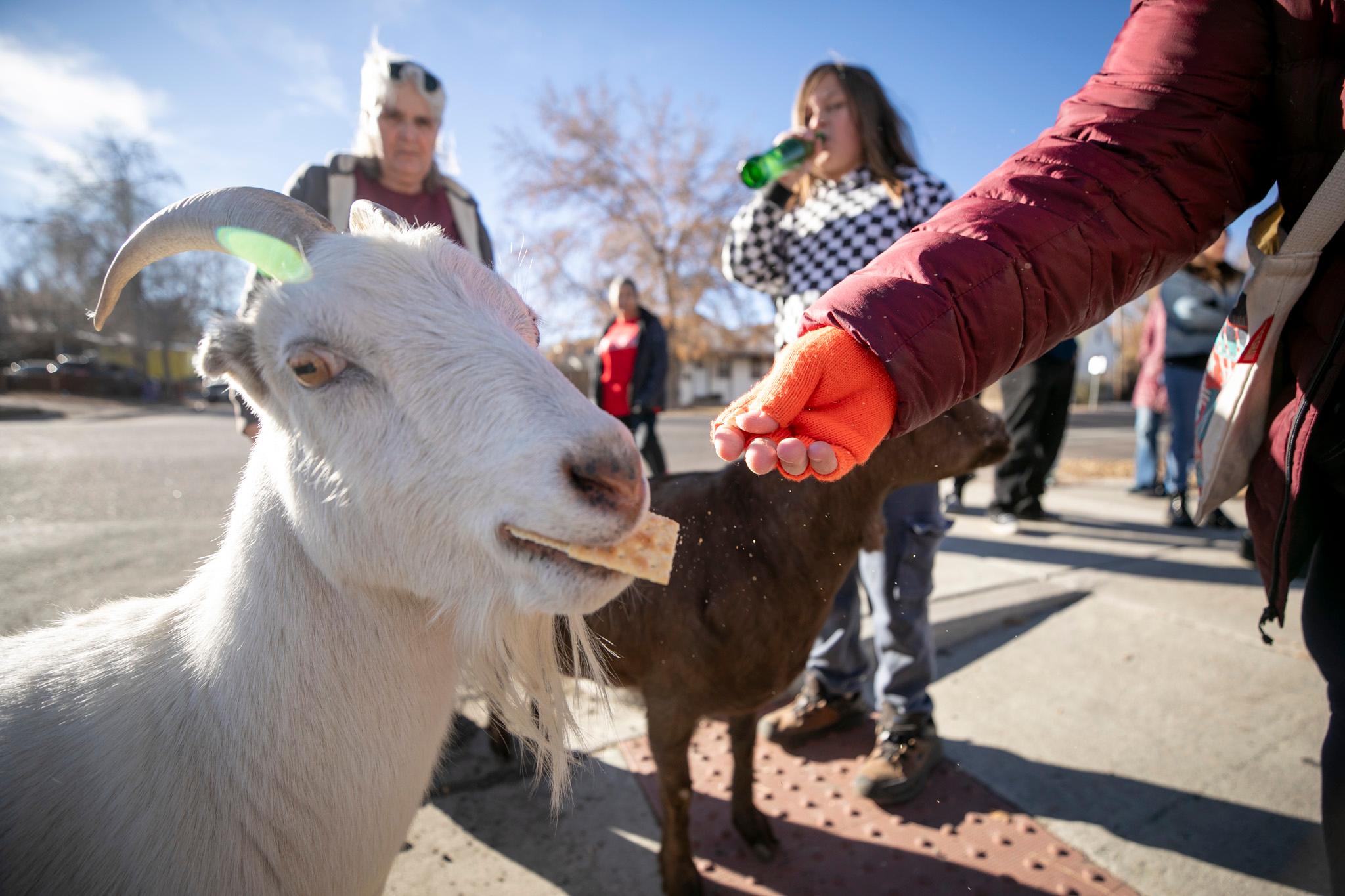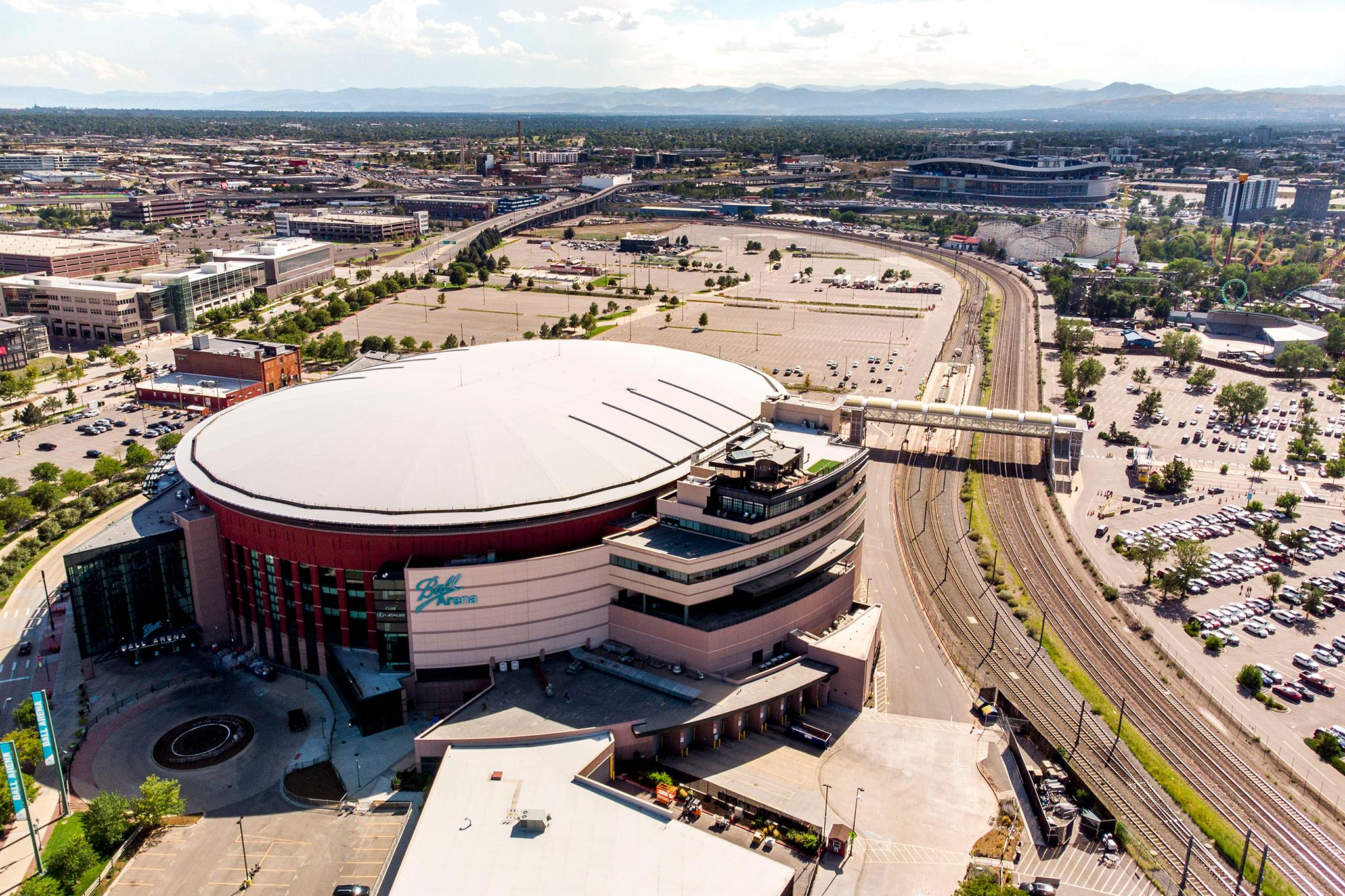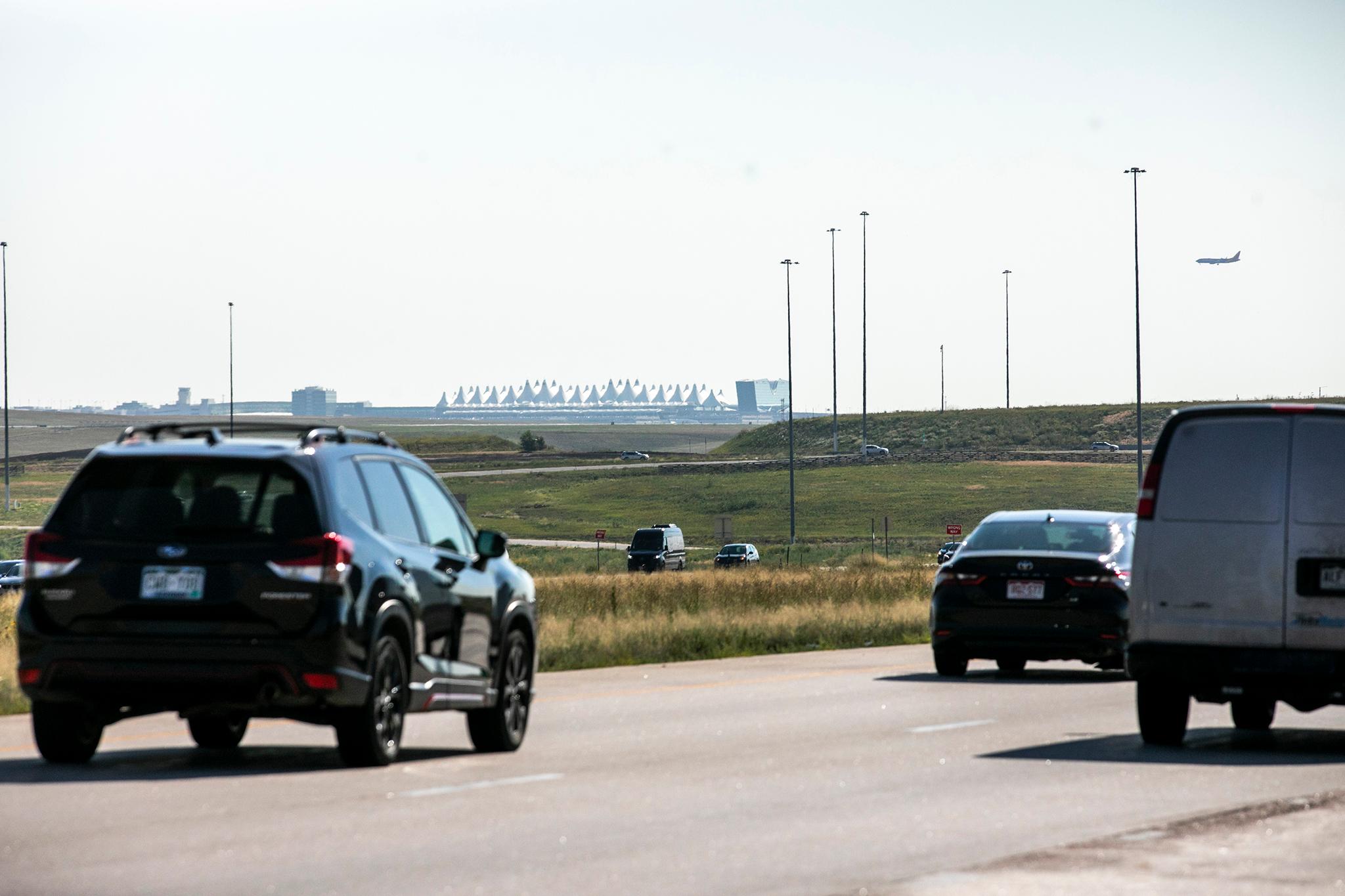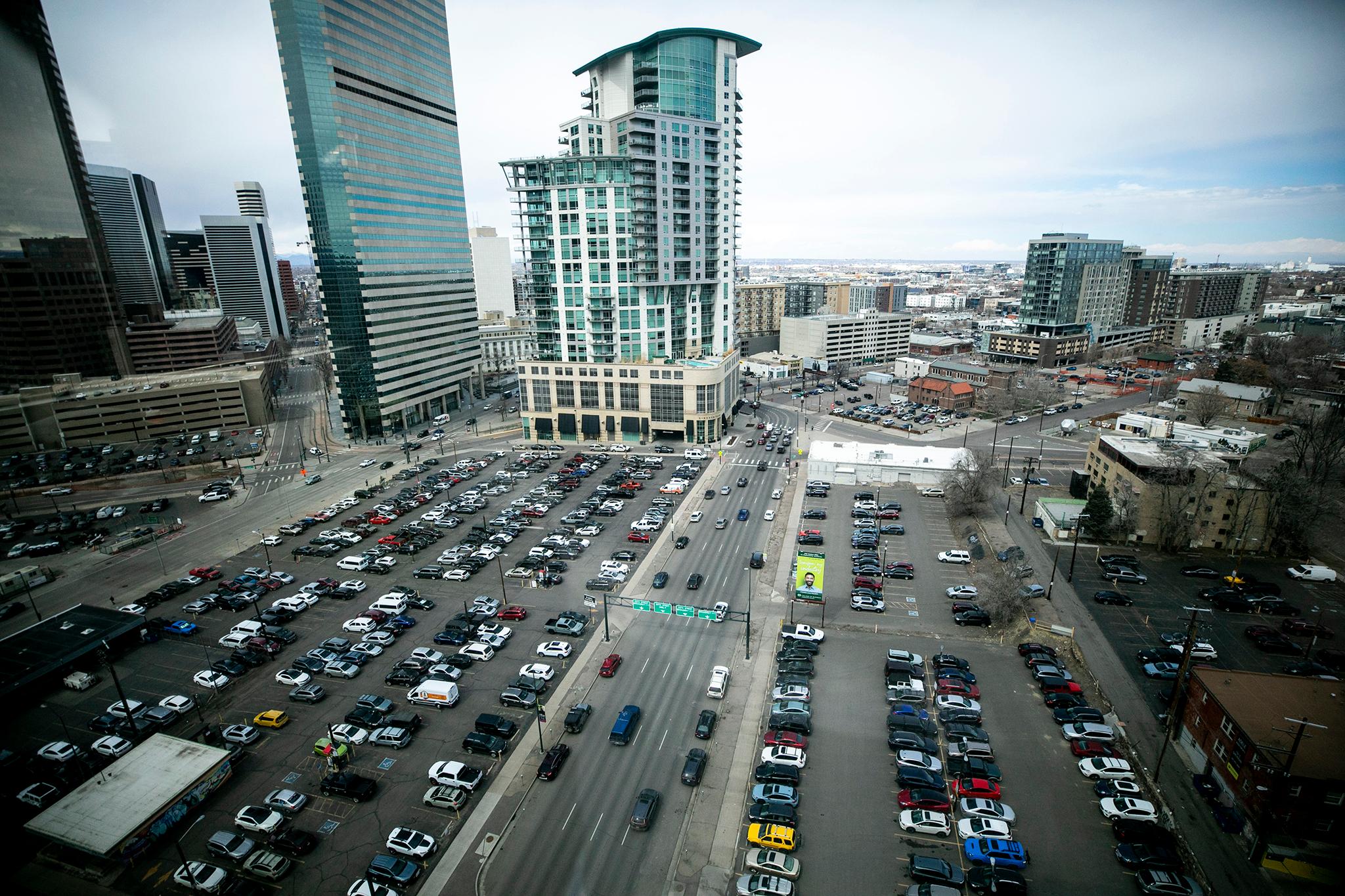Back in December, the owners of Beast + Bottle and Coperta made a difficult decision. The PPP loan they'd received after the mandatory closure of their restaurants last March had expired. There was no additional federal support in sight -- something they needed to stay afloat. They'd lost indoor dining to tightening restrictions, and takeout wasn't bringing in enough revenue to keep their doors open.
They decided to go into a "winter hibernation," deciding to close their doors until three things happened: the weather warmed to allow for extended patio seating, they got another PPP loan and guests felt confident enough to venture out into the public again.
After three months' hibernation, Aileen Reilly, the restaurants' co-owner and general manager, said they're finally ready to reopen their doors next month.
Thanks to spring weather, the return of "regulars" and older clientele, relaxed COVID restrictions, increased vaccination rates, the promise of federal relief and a slow but steady shift in the public's mood, restaurant owners like Aileen are finally feeling optimistic.
"We're feeling pretty confident we're going to be able to get through this next chapter," Reilly said.
After a year of struggling to stay open, restaurant operators Denverite spoke to said that there's been a gradual influx of guests over the last few months. And for some restaurants, things seemed to really blow up in the last few weeks alone.
"St Paddy's Day, I feel like, was a big coming out day," said Sean Workman, co-owner of The Hornet on South Broadway. He said in the last couple of weeks, The Hornet's suddenly been able to consistently fill all of its available tables.
Jacqueline Bonanno is the creative director of Bonanno Concepts, which operates restaurants like Denver Milk Market, Vesper Lounge and Mizuna. She said that for most of the pandemic, Bonanno Concept's Denver-based guests had generally been cautious in their approach to dining in, and that it was tourists who were more ready and willing to go out. Now, she's seeing the return of a lot of their local guests. Last week, Mizuna celebrated its twentieth birthday with a ticketed event. Thanks to street closures, the restaurant was able to expand its seating beyond its indoor capacity of 25. Bonanno said they were at capacity every day last week, the first time that's happened in years, even before the pandemic.
"It feels kind of like a gift, in a really weird way," Bonanno said. "To have a dining room that is at its capacity in this moment is such a generous gift from our city, that people trust us enough with their rare night out and with their safety and their well-being."
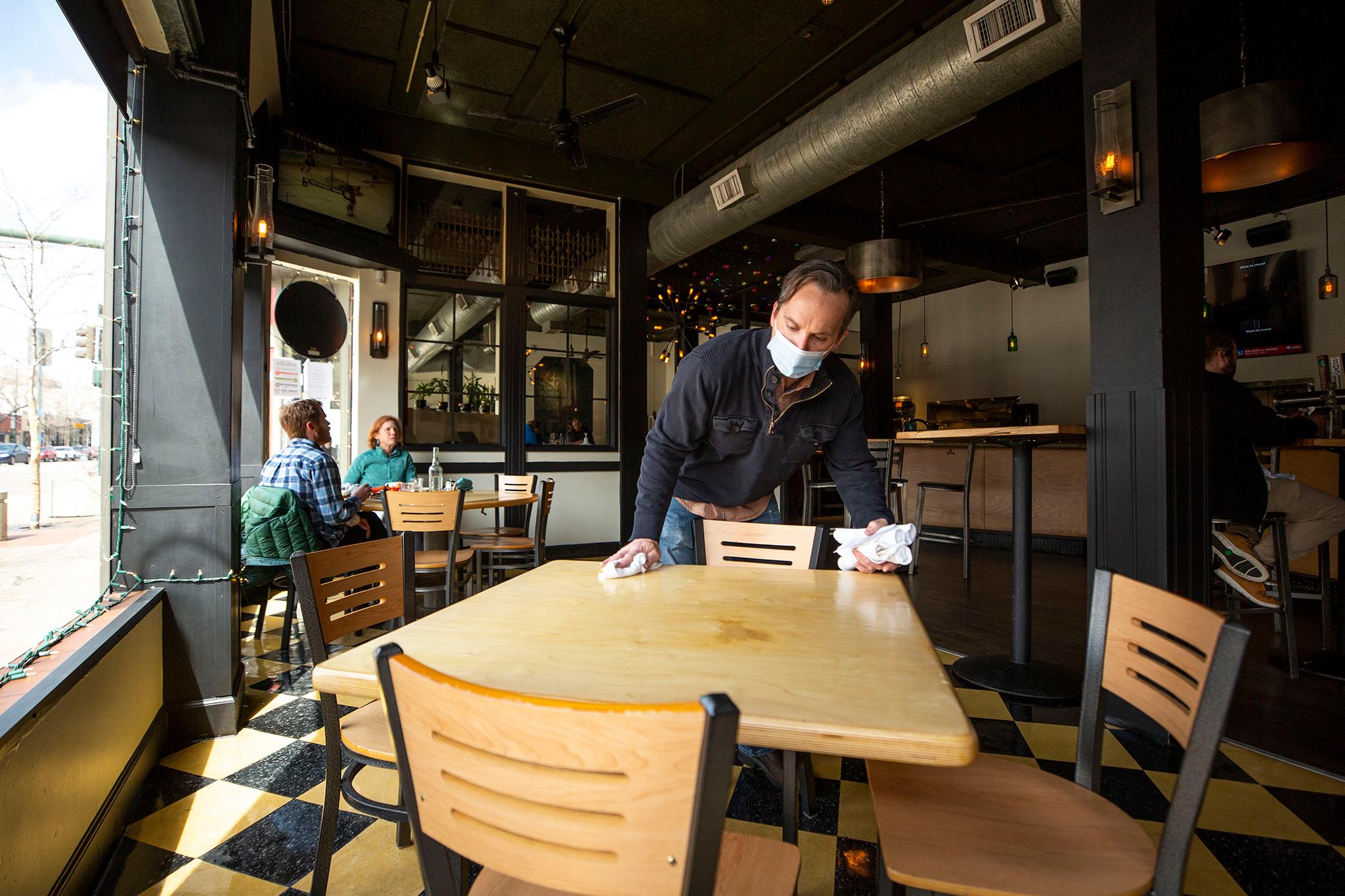
Fuller restaurants could partially be attributed to the return of newly vaccinated older guests. Workman said The Hornet has seen some of its older clientele return to the restaurant in recent weeks after a year away.
"They've kind of had a rebirth. They've been in hiding for a year," Workman said. "It's nice that they can return to somewhat of a life."
Dave Query, who operates Big Red F restaurants like Lola Coastal, Jax and The Post, said many of his older guests are still reluctant to return to indoor dining, despite having received the vaccine.
"You get thrown off the horse, and you're a little hesitant to jump right back on again," Query said. "You're a little wary."
He said the gradual influx of guests at his restaurants is more likely due to the return of the type of guests who eat out almost every day.
"What we're doing is we're seeing guests more frequently through the week," he said. "Our regulars are becoming regulars again."
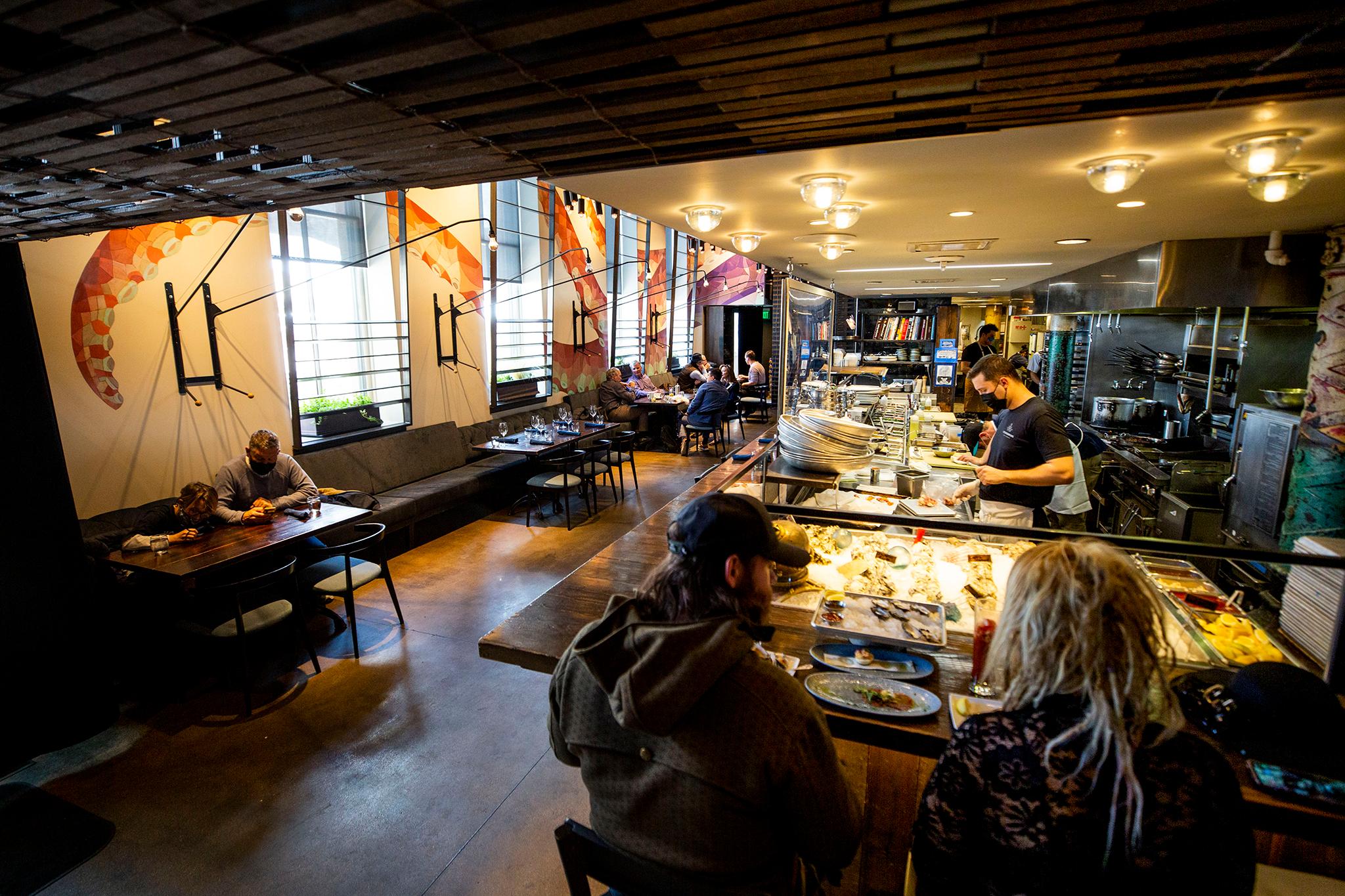
Beth Gruitch, who owns restaurants like Rioja, Bistro Vendôme and Stoic & Genuine, said they're seeing the return of old friends -- regulars that, because of COVID, they hadn't seen in over a year.
"There's something incredibly heartening about that," Gruitch said. "They're a big part of our lives here in our restaurants. And so to see them back is very, very exciting."
Restaurant owners told Denverite that in recent weeks there's been a tangible shift in mood in their restaurants.
Guests are happier. There's a general feeling of hope and optimism. Gruitch said vaccination rates might be a key factor in that shift.
"I think that alone has really lifted people's spirits -- that there's a light at the end of this tunnel," she said.
Workman said that for the first few months after reopening, things felt awkward. People seemed scared and nervous to be out. Now, people seem happier, less uptight.
"It's a different vibe all of a sudden," he said. He added that people might be getting ahead of themselves, but that it's nice to see guests treating servers better. "Energy spreads."
That's not to say that everything is "back to normal."
A survey conducted by the Colorado Restaurant Association from March 5 through 21 showed that restaurant revenue is still down about 39% from before the pandemic. And while capacity in restaurants has technically increased as Denver has loosened its COVID-19 restrictions, many owners say they're still limited by the six-foot distancing mandate.
That table gap is a killer for smaller spaces. Per the survey, 38% of restaurants reported that six-foot distancing requirement forces them to operate below 40% capacity, even if dial restrictions allow for 50% capacity or more. And 5 percent of restaurant owners say the rule keeps their restaurants below 20% capacity.
Re-staffing is another challenge. The survey says that staffing levels are down 33% compared with pre-pandemic times. Some restaurants simply don't have the capacity to bring in more employees until the six-foot distancing rule changes. But many restaurant owners say that they are looking to bring back staff that had been furloughed or laid off. The problem is that many workers have moved on, gone back to school, or left the industry because of its instability. And some operators say that unemployment checks are often higher than what some restaurant workers make, disincentivizing them to work.
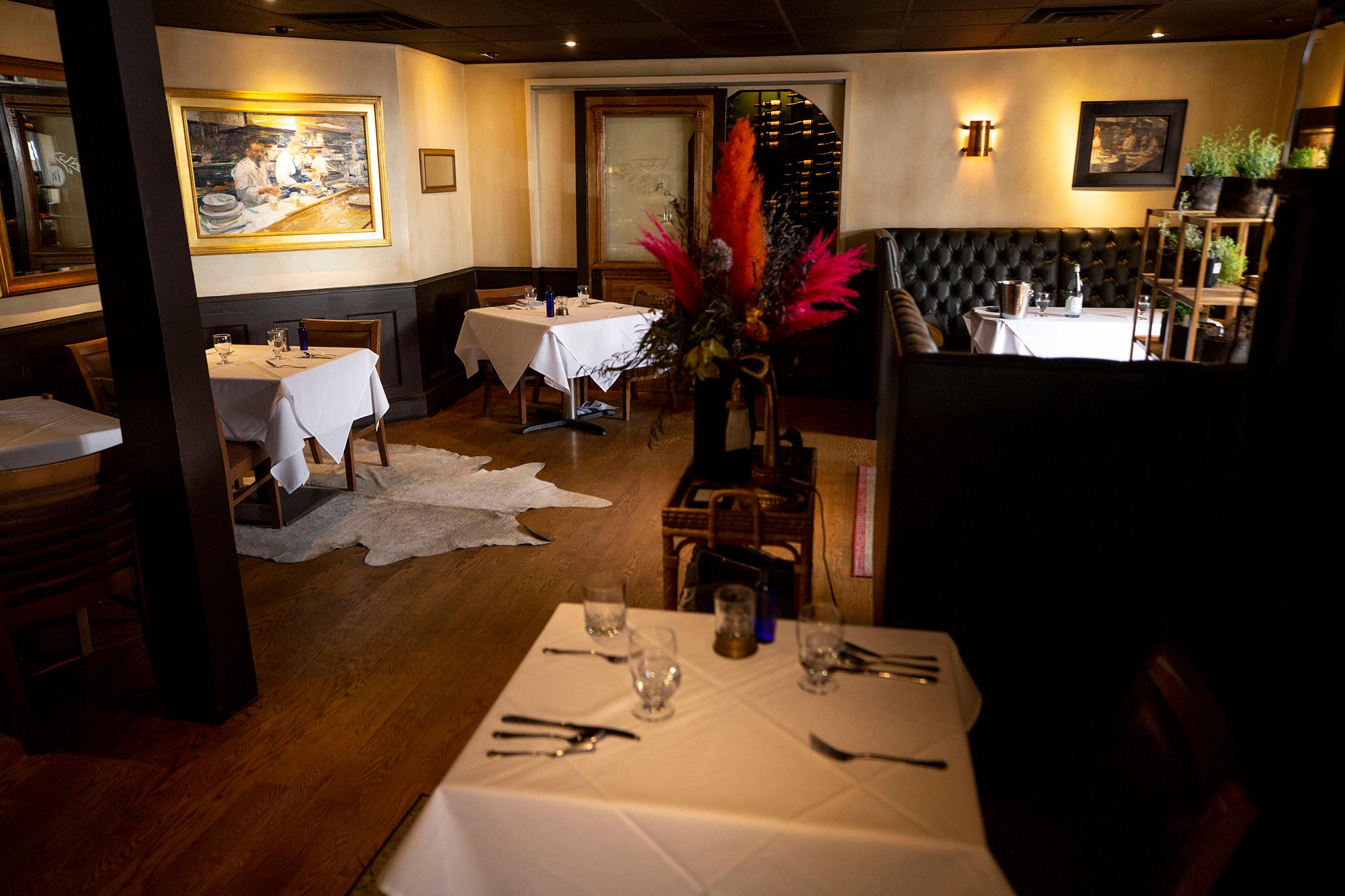
Bonanno said part of the difficulty in rehiring is navigating how to do so in a way that sustainably supports staff.
"We don't want to over-hire and risk not being able to provide enough hours, but we don't want to compromise either," she said. Bonanno added that while a lot of restaurant workers have left the industry, the ones who stayed are more committed.
"Which makes it even more risky to hire someone and potentially let them down," she said. "You want to do right by them, and you want to make sure that they're earning the money they expect to earn."
One method Bonanno said her restaurants have tried is going tipless, so that everyone earns a share of sales rather than relying on tips for the night.
As Denver ramps up its reopening, restaurant operators are confronting new challenges that have risen out of increased interest in dining out.
Gruitch said there's been a huge influx of people making reservations and not showing up for them, perhaps because capacity restrictions make it harder to walk in. She said that's a nationwide problem.
"It's such a huge bummer," she said. "If you were having a dinner party for 15 people at your house, and you made all this food, and you went to all this hard work to get the food on the table and to have beverages and creative cocktails, and you've cleaned your house and you set the table and you put candles on and music, and you're ready for your guests to come... And they just no-show. You've gone through all of this effort, you've spent all this money on food. And your friends just decided they can't come that night. That's what it feels like."
Gruitch said it hurts even more given the year restaurants have had, when revenue has fallen even as expenses have increased due to things like patio expansions, propane costs (for outdoor heaters) and increased fees for other services.
"The expenses on the restaurant have gone through the roof," she said. "Everybody always assumes that restaurant people make a lot of money. And you make pennies on the dollar."
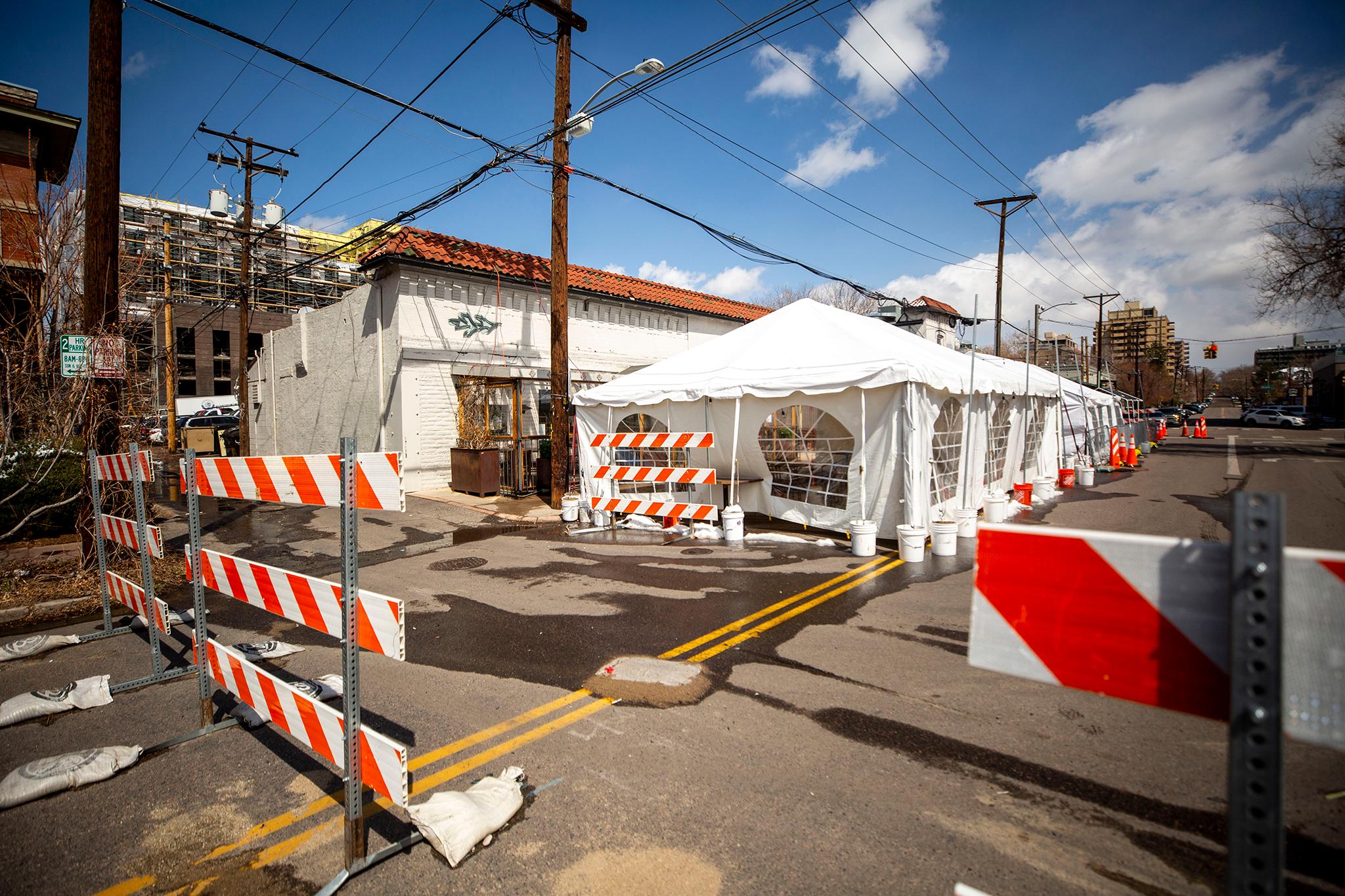
And while a busy restaurant brings in more revenue, it also presents new challenges. Bonanno said that in the past, Denver Milk Market typically attracted thousands of guests during Rockies games, and this season Coors Field will welcome about 21,000 fans each game. Her team has had to rush to increase staff by 100% to prepare for the Rockies' Opening Day Friday and to make a plan to control the crowds. Milk Market be tallying guest ins and outs at the door, using an app to track capacity. Bonanno said it will also have staff working the room and keeping people safely distanced.
"Once people start drinking, all bets are off," Bonanno said. "Even the most cautious among us starts leaning in for a closer conversation. We want to hug just this one person, or go to the restroom without a mask on. It's our job, here in the public spotlight, to try to make sure we're not crowding the room, to gently remind folks to put their masks on, to stop touching each other. It's a balancing act for sure."
Query said it's important that restaurant-goers continue to wear masks and to take COVID seriously, even as things begin to seem more optimistic.
"We're still in a pandemic," Query said. "We've got vaccines on board, and we've got solutions in hand. But you don't just stop bailing water out of the bottom of a boat that's leaking because you've gotten half the water out. Like, we're still in a boat that's taking on water."
In the last year, restaurants have had to adapt to safely operate during the pandemic.
Restaurant operators say a lot of these changes, like QR code menus, easy and accessible online ordering systems and contactless payment services, will likely carry over into a post-pandemic world.
Other changes are dependent on state and local laws and grants, like block closures to expand outdoor space and to-go cocktails, which restaurant owners say have been a fun and lucrative innovation they hope to continue.
Query said his restaurant group started its own delivery company called WeDeliver, which has allowed them to keep delivery money in house rather than losing it to third-party deliverers. Their licensing has also allowed them to deliver liquor to guests' doors.
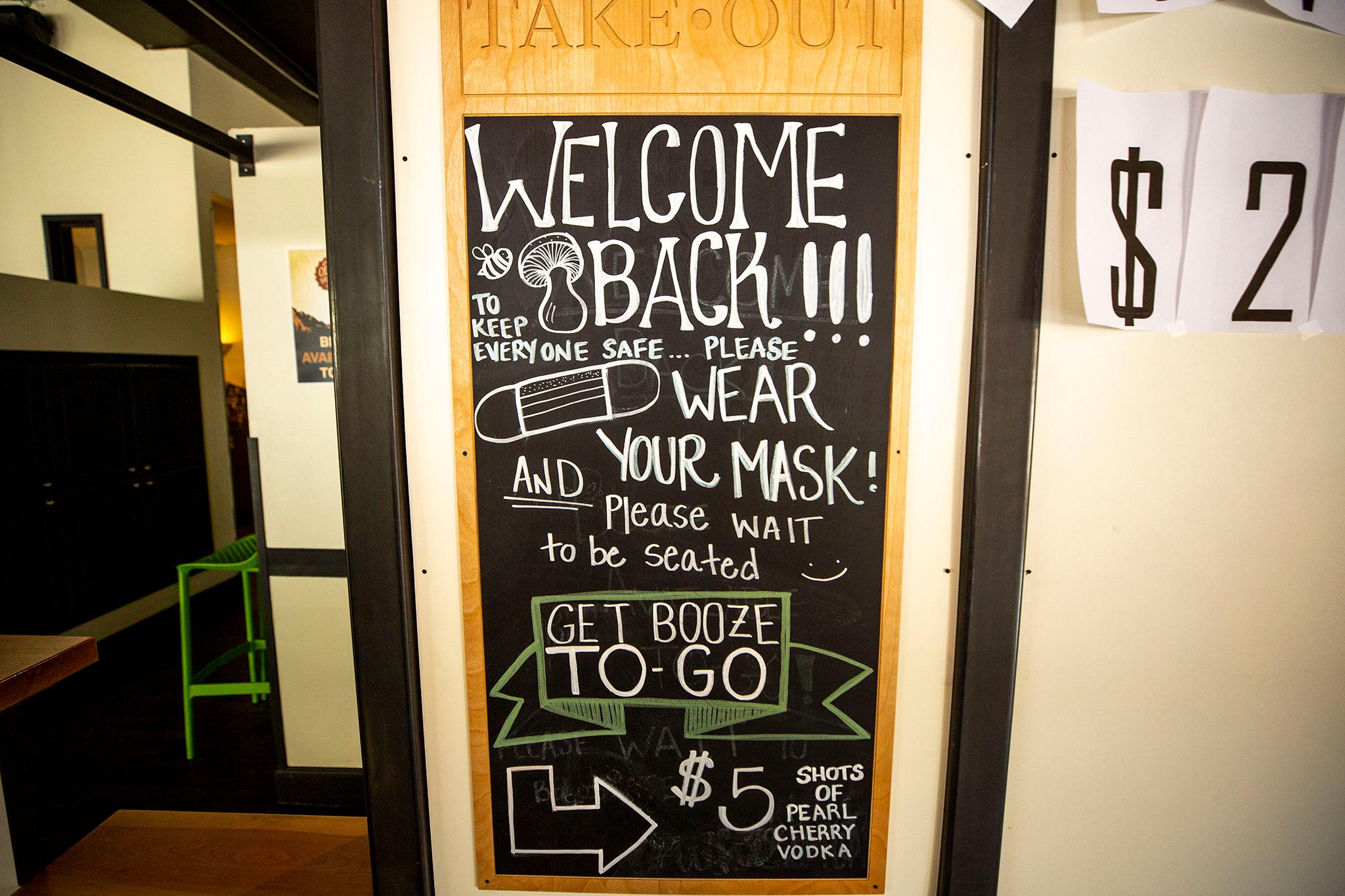
"We've got so many regulars and so many long-term employees that, more often than not, you have a little reunion on the front porch of a server or a bartender who hasn't seen a guest in so long," Query said. "So we're able to carry the hospitality into the car and up the sidewalk and to our guests' front door."
Some restaurant operators say staff might stay smaller going forward, since so many workers have left the industry. And some say they're going to continue to limit expenses.
"We've learned to do a lot more with a lot less. And we will keep that mantra. You know, we just have to work smarter," Gruitch said. "There isn't any extra fluff anymore."

